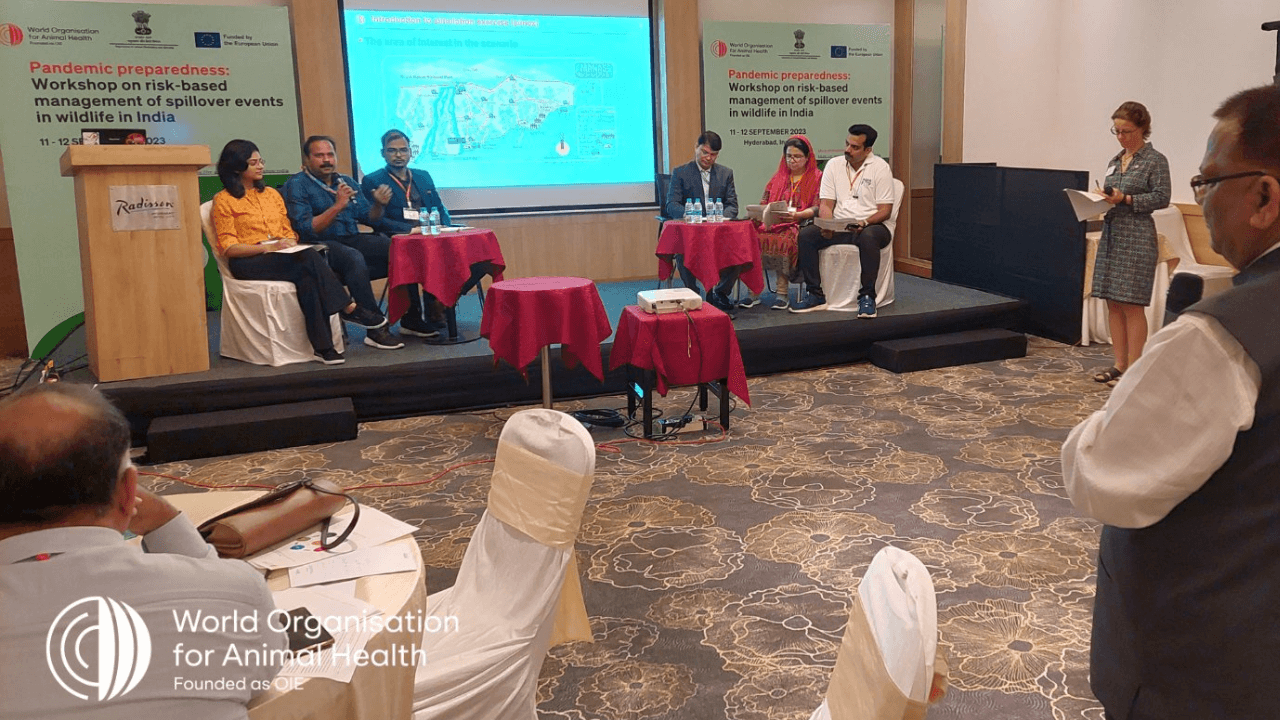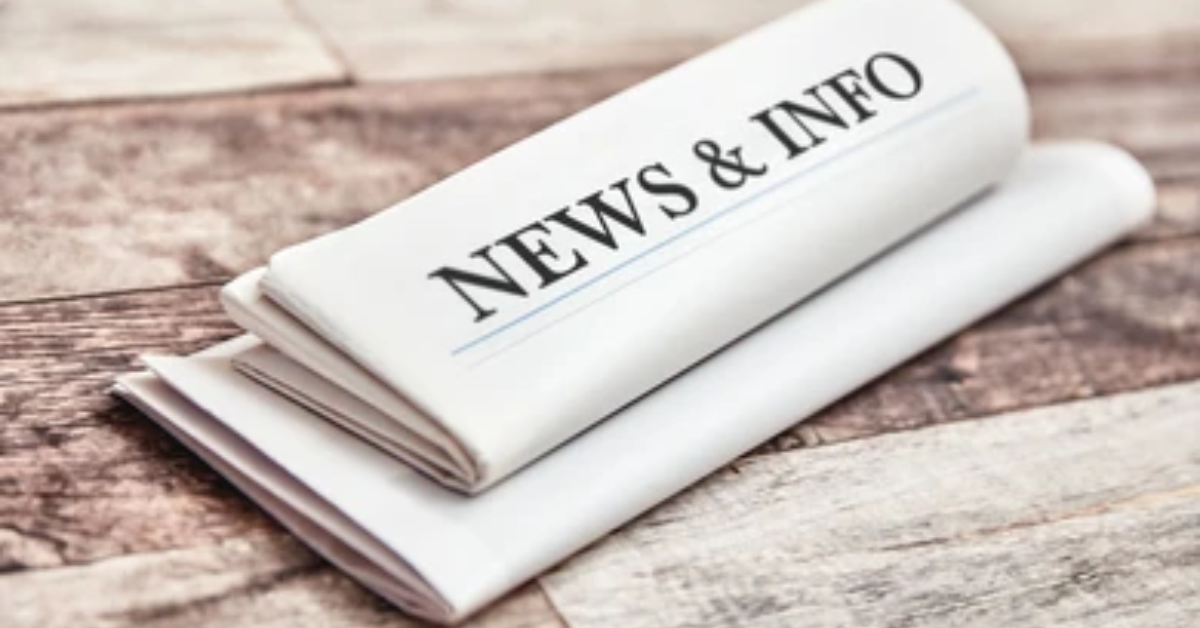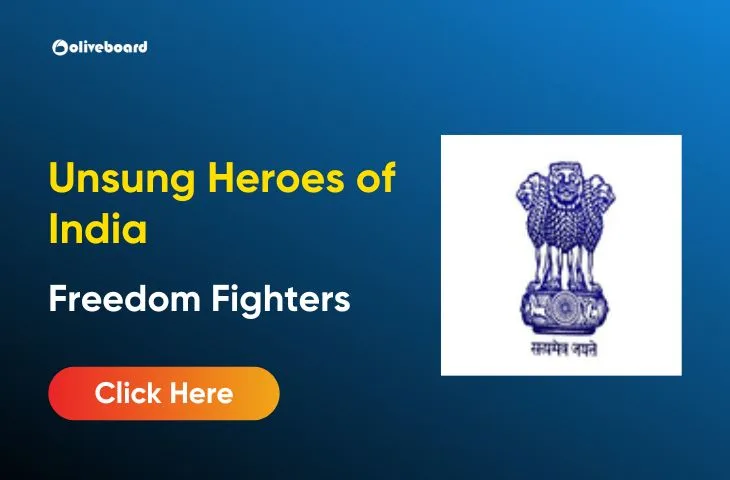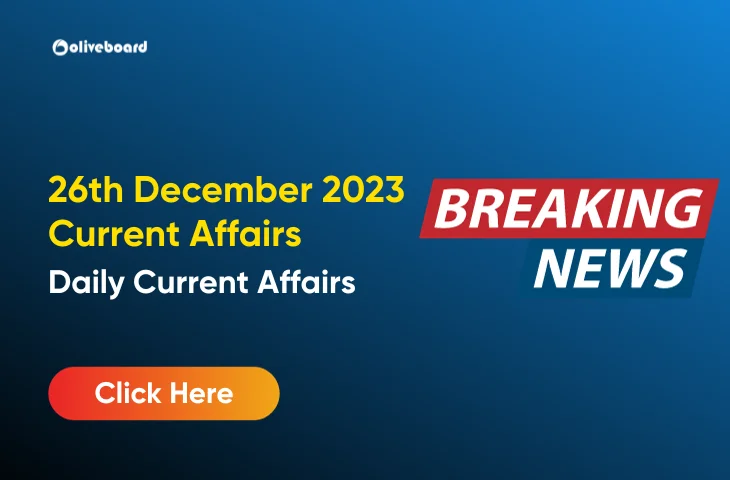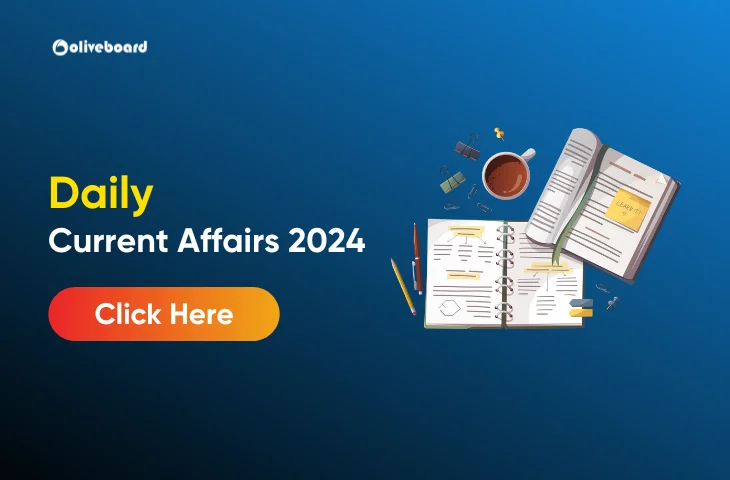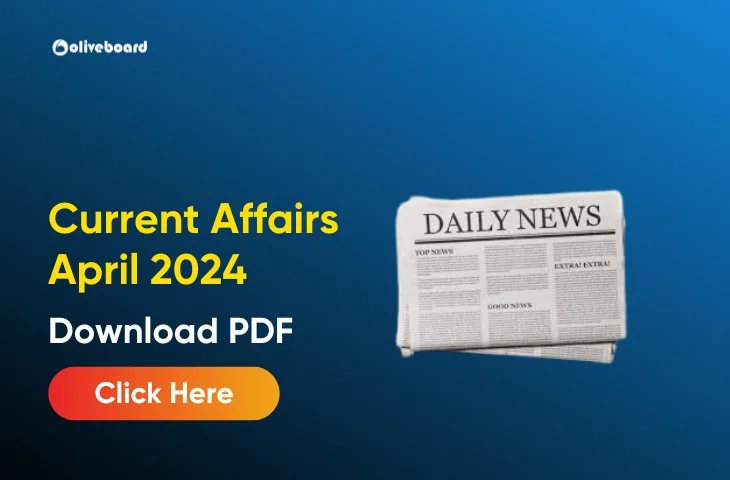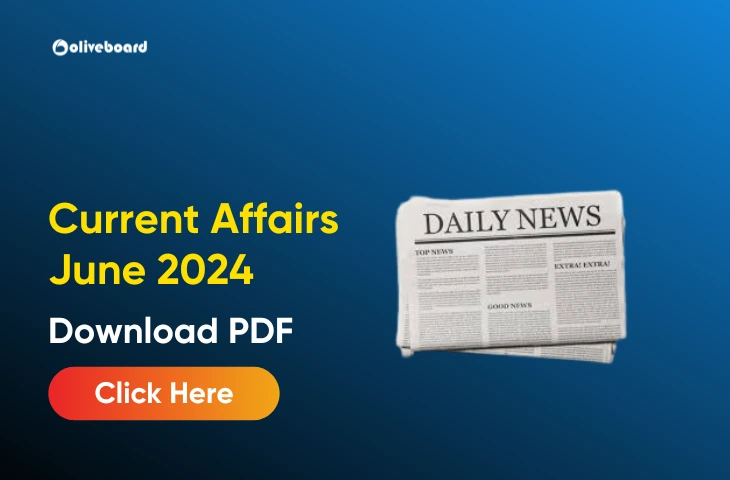The Department of Animal Husbandry & Dairying, Ministry of Fisheries Animal Husbandry & Dairying, Government of India, in collaboration with the World Organisation for Animal Health (WOAH), effectively conducted a multi-sectoral workshop titled “Risk-based management of spillover events in wildlife in India.” This workshop took place at the Radisson Hyderabad Hitec City, Hyderabad, spanning from September 11th to 12th, 2023.
More About the Workshop
Participants
The workshop’s inauguration was led by Dr. Abhijit Mitra, the Animal Husbandry Commissioner, and Dr. Hirofumi Kugita, the WOAH Regional Representative for Asia Pacific. This event featured prominent experts from WOAH.
The workshop brought together 25 participants representing various sectors. This includes Animal Husbandry, Human Health, and Wildlife, from six Indian states: Kerala, Uttarakhand, Karnataka, Madhya Pradesh, Odisha, and Telangana. Additionally, 13 experts from the ICAR-National Institute of Veterinary Epidemiology and Disease Informatics (NIVEDI) and the Centre for Wildlife IVRI participated in the workshop. Observers from WHO, FAO, USAID Rise, and the One Health Support Unit (OHSU) also contributed to the event.
Key Objectives
The workshop had a clear focus on four primary objectives:
- Enhancing stakeholder knowledge about wildlife-origin disease risk analysis.
- Conducting a comprehensive gap analysis of India’s risk assessment and management.
- Simulating disease spillover scenarios to better understand potential challenges.
- Promoting communication and awareness among relevant stakeholders.
The concluding discussions of the workshop emphasized the way forward, underlining the critical importance of adopting a One Health approach, fostering cross-sectoral collaboration, and strengthening pandemic preparedness.
Throughout the two-day event, seven sessions were conducted, including two dedicated to risk analysis simulations—one for a hypothetical “disease X” scenario and another specifically tailored to India’s context.
The culmination of this workshop reinforced the need for collaborative efforts across sectors and the adoption of a One Health approach, all with the aim of ensuring a safer and more sustainable future for wildlife, ecosystems, and the health of humans and domestic animals.
Significance
The COVID-19 pandemic has served as a stark reminder of the imperative for countries and regions to enhance their preparedness for future pandemics. In this pursuit, WOAH is actively engaged in collaborative efforts with partners in the Quadripartite, which includes the Food and Agriculture Organization (FAO), World Health Organization (WHO), and United Nations Environment Programme (UNEP), to address these pressing issues.
In a world where the health of wildlife, domestic animals, and humans is intricately interconnected, the “One Health” approach, emphasizing collaboration and coordination, remains indispensable for a sustainable future. The joint efforts of WOAH and the Government of India in organizing this workshop exemplify their shared commitment to constructing a safer, healthier, and more sustainable world for all.
About the World Organisation for Animal Health (WOAH)
The World Organisation for Animal Health (WOAH) was formerly known as the Office International des Epizooties (OIE). It is an intergovernmental organization founded in 1924 to coordinate, support, and promote animal disease control.
WOAH has 182 Member Countries and Territories, and its mission is to improve animal health worldwide. The organization does this by:
- Collecting and analyzing information on animal diseases and their global spread
- Developing international standards for the prevention and control of animal diseases
- Providing technical assistance and training to Member Countries
- Advocating for animal health and welfare
WOAH plays a vital role in protecting global animal health and welfare. Its work helps to prevent the spread of animal diseases, which can have a devastating impact on livestock, wildlife, and humans.
Key Achievements of WOAH
- WOAH played a key role in the global eradication of rinderpest, a deadly cattle disease. Rinderpest was eradicated in 2011, making it the first animal disease to be eradicated globally.
- WOAH has worked closely with Member Countries to prevent and control avian influenza, also known as bird flu. Avian influenza can cause serious economic losses and can also pose a threat to human health.
- WOAH has developed international standards for animal welfare. They are used by Member Countries to improve the lives of their animals. These standards cover a wide range of topics, including transportation, husbandry, and slaughter.
WOAH is a valuable resource for Member Countries and for the global community as a whole. Its work helps to protect animal health and welfare, which is essential for food security, economic development, and public health.
- Weekly Current Affairs 2025 PDF For Bank, SSC, UPSC Exams
- Unsung Heroes of India: 10 Unknown Freedom Fighters You Should Know
- 26 December Current Affairs 2023 in English
- Daily Current Affairs 2025, Check Today’s Current Affairs
- April Month Current Affairs 2024, Download PDF
- June Month Current Affairs 2024, Download PDF

Hello, I’m Aditi, the creative mind behind the words at Oliveboard. As a content writer specializing in state-level exams, my mission is to unravel the complexities of exam information, ensuring aspiring candidates find clarity and confidence. Having walked the path of an aspirant myself, I bring a unique perspective to my work, crafting accessible content on Exam Notifications, Admit Cards, and Results.
At Oliveboard, I play a crucial role in empowering candidates throughout their exam journey. My dedication lies in making the seemingly daunting process not only understandable but also rewarding. Join me as I break down barriers in exam preparation, providing timely insights and valuable resources. Let’s navigate the path to success together, one well-informed step at a time.
